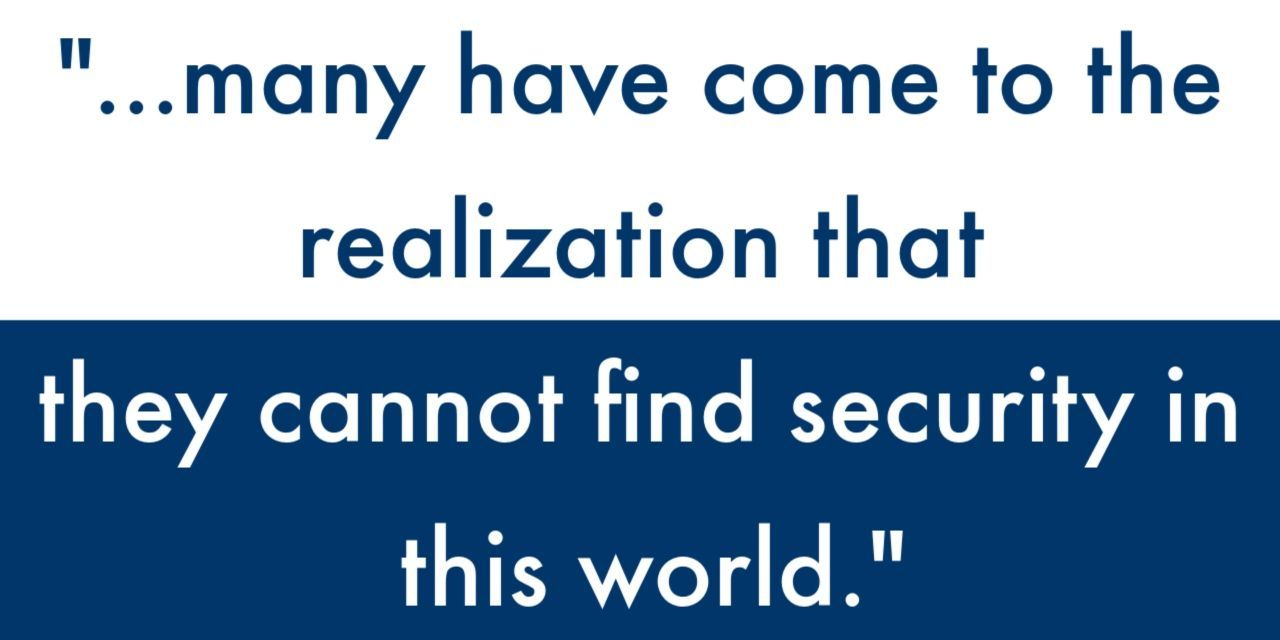
Macedonia in Crisis
What kind of impact does physical distancing have on cultures who love to be close? Many of the areas of the world hardest hit by COVID-19 are places where the culture is defined by social gatherings and friendliness. SEND missionary Sherri Ens gives a firsthand look at how this global crisis has impacted Macedonia and affected her life and ministry.
The Initial Shock
“The first week was panic,” Sherri said. Macedonians had little to no chance to prepare for the strict lockdown that was coming. Many who live in Macedonia work in Italy most of the year. However, once Italy was hard hit and people began returning home, cases soon began popping up in Macedonia. Things began to shut down one by one. Everything was cancelled and people had to stay in their homes.
The curfews are very intense. People can only be out until 4 pm on weekdays, and no one is allowed outside their homes on the weekends. The curfews have hit the elderly and children especially hard, with only a two-hour window to be outside on weekdays. Many are struggling because there is an extreme lack of interaction with friends and family. It is a loss for this culture, and they are grieving the changes.
Ministry Calling
Because of all these restrictions, ministry has changed quite drastically. People are experiencing worry, stress, and fear from the uncertainty of the times. Many older people in Macedonia are not comfortable with accessing friends and family on technology. This adds a layer of difficulty for the SEND team in ministering to others like these because connections can only happen through phone calls right now. This culture is used to hours of conversation over coffee , and there is not enough time on the phone for people to open up and feel comfortable talking about faith.

Church life has also changed, though perhaps in some ways for the better. Sherri tells that, “more are meeting for prayer and Bible studies online because people are home.” Since all church content is now online, many Macedonians can get sermons and messages from multiple churches across the country rather than just their own. This crisis has actually caused a greater growth and depth of faith in believers.
Crisis Moments
The team in Macedonia is responding and operating the best that they can during a global crisis. From helping short-term mission worker Josie travel home to Canada in early April, to helping families who are experiencing an economic fallout, team members have a lot on their plates.
Through all things, Sherri remains hopeful for the future. The people of Macedonia are grieving losses caused by distance and separation, and many have come to the realization that they cannot find security in this world. Sherri hopes the desire for security will turn people towards God. Let’s pray with Sherri that in the midst of this crisis Macedonians will discover the sure hope of new life in Christ.
Written by Amy Magwood.
Additional Posts





